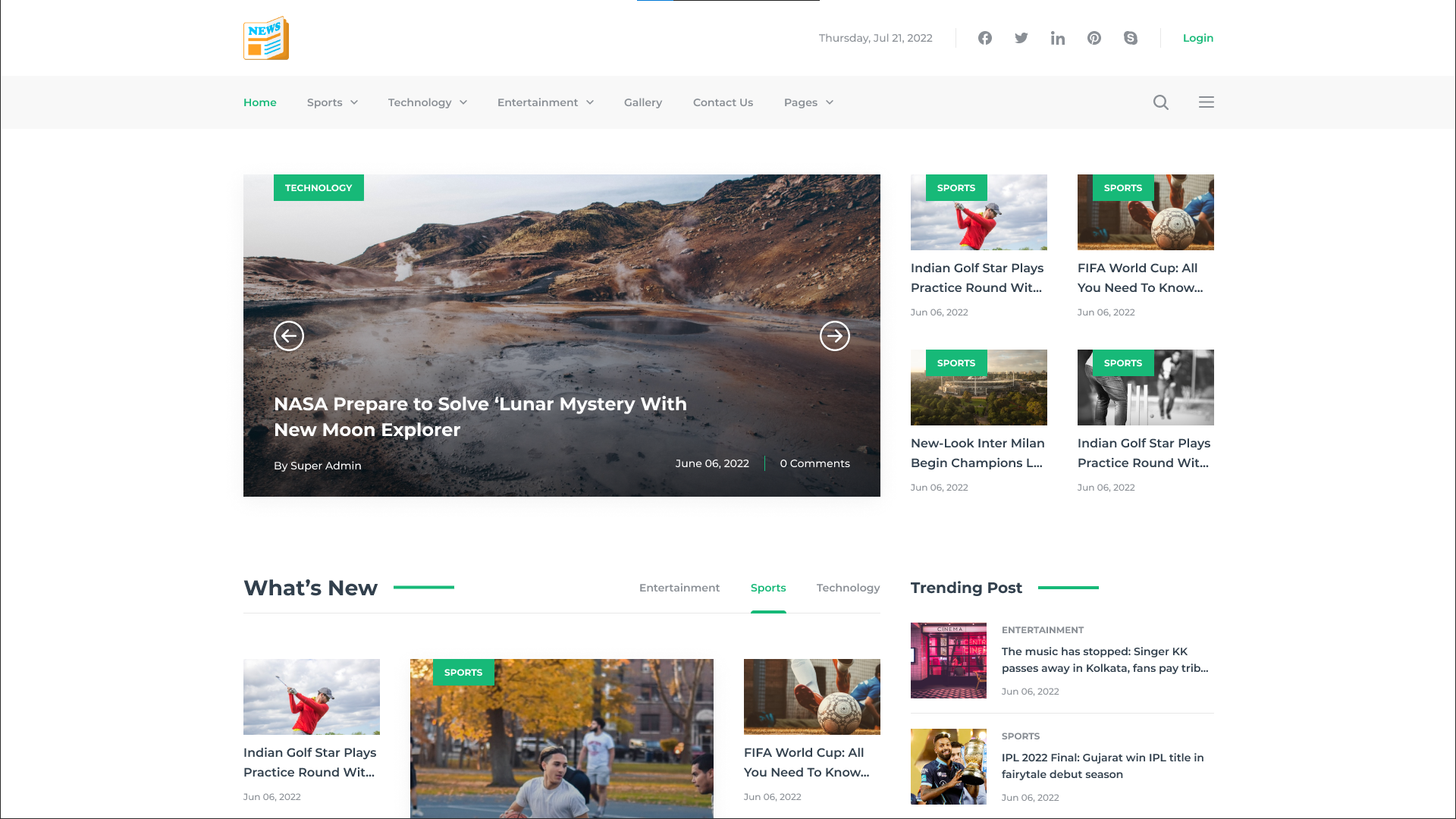OpenMeter facilitates usage-based billing tracking for businesses.
Customers who only pay for what they use are increasingly adopting usage-based pricing in enterprise software-as-a-service (SaaS). Approximately 60% of SaaS companies already offer this approach, according to a report by OpenView. Autodesk, a major software company, and Google Cloud's Apigee platform are recent adopters.
Usage-based pricing, or charging clients solely for the use of a product or service, is becoming more and more popular in the business software-as-a-service (SaaS) market. A study by venture capital firm OpenView estimates that 60% of SaaS companies currently provide usage-based pricing. Autodesk, a major player in vertical software, and Apigee, Google Cloud's API management platform, just made the change.
Although usage-based pricing offers benefits, it might be more difficult to manage from a billing standpoint. Businesses who purchase usage-based pricing goods frequently find it difficult to determine how much to charge their own clients for those products.
Peter Marton, co-founder and CEO of OpenMeter, told TechCrunch in an interview that "this is a new challenge for engineers, as they need to build a real-time infrastructure to put cost control in place and integrate usage data with product and revenue teams." "Consumers also have challenges when it comes to real-time data. Spending management requires a close feedback loop to exist between users' interactions with use-based goods and the consumption shown on their billing and usage dashboards.
Marton worked as a staff software engineer at Stripe and personally saw problems with "metering." There, he encountered obstacles while gathering pricing information based on consumption from various infrastructure and service suppliers, then combining and evaluating this utilization.
Seeking a solution, Marton joined forces with András Tóth, a former colleague at RisingStack, a software development company, and the two launched OpenMeter, a tool that measures app consumption by customers. Tóth was once a software engineer at Cisco.
According to Marton, OpenMeter handles "usage events" throughout an organization's IT stack. It is based on Apache Kafka, an open source framework for managing real-time data feeds. After that, it converts the events into consumption metrics that are accessible by humans and sends them to databases for customer relationship management, billing, and finance, where the product and revenue teams may analyze them.
Rate and consumption limits can also be enforced with OpenMeter. Additionally, it can implement usage-based or hybrid pricing, enabling businesses to bill clients more openly—at least in theory.
According to Marton, "OpenMeter is... designed for engineers and provides a modular architecture to process real-time usage data and control cost." "OpenMeter's composability is a factor in enterprise company selection." Since it's challenging to replace decades' worth of monetization infrastructure all at once, we developed a method that technical teams may gradually implement.
Currently, OpenMeter is not the sole vendor offering solutions for metering issues.
There's Amberflo, which is developing tool sets to revolutionize SaaS pricing with metered consumption, and Metronome, which recently secured $43 million for its software that enables businesses to offer usage-based paying. M3ter provides SaaS companies with usage-based pricing options elsewhere.
What distinguishes OpenMeter, then? To start with, it's open source. The software from OpenMeter is publicly accessible, while businesses who want managed plans can choose to pay for additional features.
Marton notes that the precise pricing is still being worked out, but he suggests that it's also less expensive than the competitors.
"With a closed source and billing-first approach, competitors in the usage-based space only serve the revenue teams," the speaker claimed. "OpenMeter focuses on startups in the AI space."
Nevertheless, OpenMeter has garnered $3 million from Y Combinator, Haystack, and Sunflower Capital, indicating some degree of early success. According to Marton, the company, which now employs four people out of its San Francisco office, has "multiple" market-leading AI companies as clients, but it was unwilling to reveal their identities.
"Businesses had to enforce usage quotas and have tighter control over spending as a result of the economic downturn. Revenue teams also need to find actionable insights in usage data to identify new revenue streams." Marton added. The wind is in OpenMeter's favor.
Comments 0
Most Read
Recommended Post
Korea del Norte ataca las potencias ecnológicas
AI-Powered Social Engineering: Reinvented Threats













.jpeg)

.jpeg)
.png)







Leave a Comment